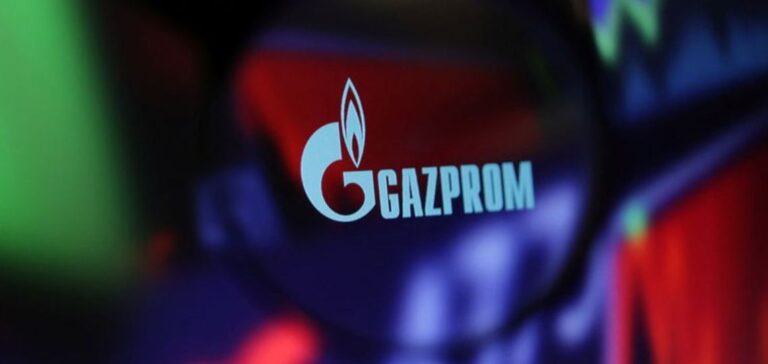In 2023, Gazprom recorded an unprecedented net loss of 629 billion rubles, a dramatic reversal from the previous year’s net profit of 1,226 billion rubles. This record loss reflects the challenges exacerbated by a tense geopolitical environment and the direct disruption to its core operations. Financial analysis shows that Western sanctions and the closure of the European market, traditionally the largest consumer of Russian gas, have played a crucial role in this financial deterioration.
Effect of Western sanctions
Sanctions imposed by the West in response to Russia’s military activity in Ukraine have restricted Gazprom’s access to international financial markets, affecting its ability to finance new projects and maintain current operations. These sanctions have also hampered Gazprom’s ability to collaborate with Western partners, limiting the technologies and investments available.
Consequences of the sabotage of the Nord Stream pipelines
The sabotage of the Nord Stream 1 and 2 pipelines not only physically cut off a major gas export route to Europe, but also had psychological implications for the market, causing heightened uncertainty among investors and customers alike. This event accelerated Europe’s search for alternative energy sources, further reducing Gazprom’s position on the European market.
The search for new markets
Deprived of its traditional access to European markets, Gazprom has stepped up its efforts to pivot towards Asia. The construction and promotion of the Siberian Force 1 pipeline are central to this new strategy. The pipeline is designed to supply natural gas to China, a fast-growing market that is less sensitive to Western political pressures.
Diversification challenges and opportunities
Developing new infrastructure to reach markets like China is a costly and technically complex undertaking. However, it is a strategic necessity for Gazprom to reduce its dependence on European buyers. Despite the initial challenges, these new routes offer an opportunity for Gazprom to secure stable long-term revenues and strengthen its position in the global energy market.
Gazprom’s future remains uncertain, but full of potential thanks to its vast natural gas reserves and ambitious projects in Asia. The company must navigate a complex political landscape while seeking to innovate and optimize its operations to overcome current obstacles. Gazprom’s transformation in 2023 is a case study in the impact of geopolitical dynamics on the world’s energy giants. The strategies adopted today will determine not only the financial future of the Russian group, but also its position in the global energy balance. The success of its initiatives in Asia could eventually offset European losses, but this will require flawless strategic execution and ongoing adaptation to global market conditions.






















